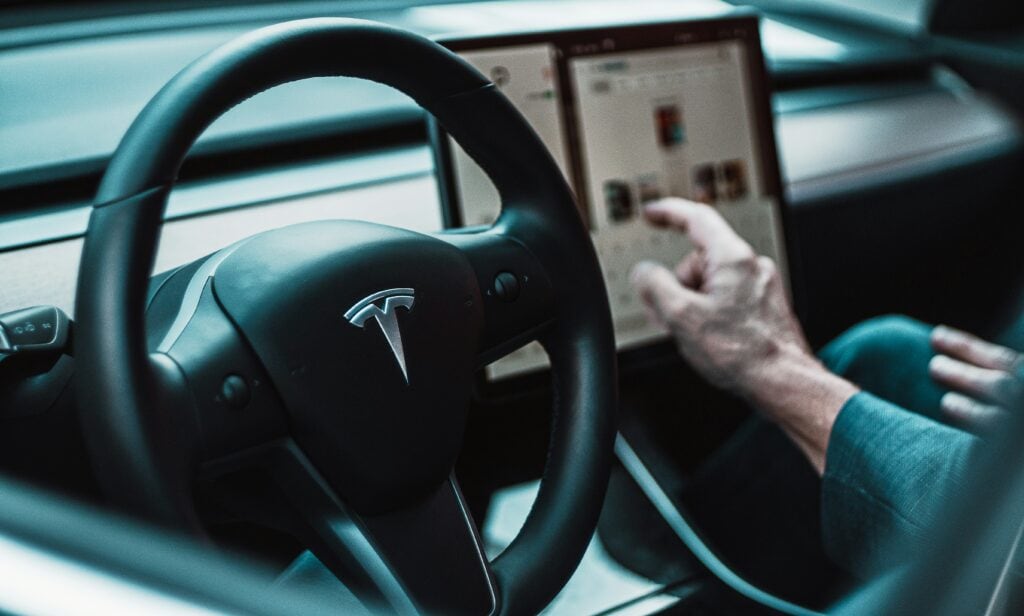Once an idea from science fiction, self-driving cars are fast becoming a tangible reality, with technologies like Tesla’s autopilot coming onto the scene. Though still a long way from becoming the majority, autonomous cars are growing in popularity, bringing into question the necessity and role of auto insurance. This article will explore the impact of self-driving cars on auto insurance, focusing on the trajectory of auto insurance in the era of autonomous vehicles.
The Traditional Model of Auto Insurance
Though we are still far away from having wholly automated driving, the beginnings of autonomous vehicles are starting to appear on the market. This shift represents a significant departure from traditional modes of transportation, which require a driver. With little human intervention needed, the nature of risk and liability in the auto insurance industry is significantly changing.
Typically, auto insurance credits human error and liability as the primary cause of car accidents. Insurance premiums are determined based on driver characteristics like previous claims, age, and type of vehicle to reflect the perceived risk of the driver. The traditional auto insurance model holds humans responsible for any damage or injuries associated with the vehicle. However, the slow emergence of self-driving cars has brought into question the relevance of these traditional models, as human error will be less and less responsible for accidents. These autonomous vehicles may necessitate a new approach to auto insurance.
Factors Influencing Auto Insurance with Self-Driving Cars
The permeation of self-driving cars may disrupt the traditional structure of auto insurance because of several critical features of these vehicles. Autonomous vehicles feature advanced sensor systems with real-time data processing capabilities that are just as fast or faster than a human’s reaction time. These sensors allow the vehicle to perceive and react to its environment. One study found that self-driving cars could eliminate up to 34% of car accidents, particularly those related to distracted driving or failure to obey traffic laws. The CDC found that over 3,100 people died, and 424,000 people were injured in accidents resulting from distracted driving in 2019.
Self-driving cars may be able to reduce this rate of injury and death, as they lack the risk of human error. However, it is important to note that these vehicles fail to eliminate all accidents, like those that have to do with another driver’s negligence. The overall reduction in accidents poses numerous benefits and challenges to insurers, as the risk factors for self-driving cars differ from the traditional driver.
As these vehicles take primary control over the vehicle’s operation, many insurers and consumers wonder how responsibility for an accident will be allocated. Traditional auto insurance models hold drivers accountable. However, this may not work in the case of self-driving vehicles. In an accident with an autonomous vehicle, the responsible party may be the vehicle’s manufacturer, the technology provider, or the human occupant. As these vehicles become more realistic, insurers must assess the risk associated with self-driving cars and craft new models for determining auto insurance premiums.
Implications for Consumers
Though no fully automated vehicle is widely available for consumer purchase, this could soon be a reality. Consumers may be curious about the implications of self-driving cars on the necessity, cost, and coverage of auto insurance. Current laws require auto insurance for all vehicle owners, so it is safe to assume that this will continue to be a requirement as autonomous cars make their way to the market. However, the cost and coverage of traditional auto policies may change.
Auto insurance is likely to become more expensive for self-driving cars. Though these vehicles can potentially reduce accidents, the cost of replacing and repairing these highly advanced vehicles will be greater. With their artificial intelligence and machine learning capabilities, autonomous vehicles feature expensive technological systems that will likely cost more to repair in the event of an accident.
Additionally, the permeance of self-driving cars may lead to the introduction of new insurance coverage options. The most common types of auto coverage include liability, comprehensive, collision, and uninsured driver coverage. As autonomous vehicles become a reality, insurers and legal entities may introduce new coverage options to meet the changing dynamics of the road.
Call Masters Insurance Today!
Though there are a lot of unknowns about self-driving vehicles, one thing is for sure: auto insurance will remain essential for all car owners. If you’re looking for a trustworthy auto insurer that stays up to date with the rapidly changing landscape of the auto industry, look no further than Masters Insurance. With decades of experience, we are here to help you create the perfect auto policy for you and your vehicle. Reach out today to learn more about our auto coverage!

